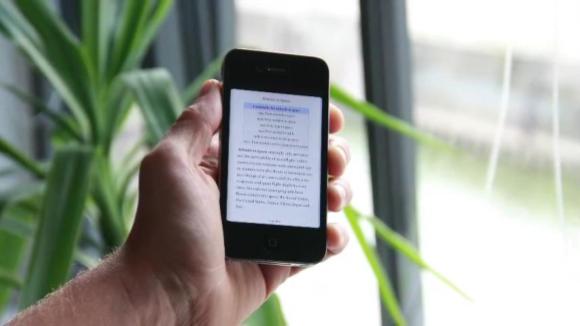We’re happy to announce that a new EPUB export feature has been enabled on English Wikipedia. You can use it to collate your personal collection of Wikipedia articles and generate free ebooks. These can be read on a broad range of devices, like mobile phones, tablets and e-ink based e-book readers.
Using an e-book to read Wikipedia articles has a number of advantages. Although mobile online access is becoming more prevalent, it is still not available everywhere. Think about situations when you are commuting or in the outdoors. Now imagine you live in a country where logging onto the Internet is a luxury and accessing Wikipedia is a challenge. Clearly this feature will be an asset.
“EPUB files can be used very easily in an offline environment” said Tomasz Finc, Director of Mobile at the Wikimedia Foundation. “They can be opened and distributed just like normal files. Plus, there are readers for almost every platform.”

To create your personal e-book you have to activate the ‘Create a book’ link located in the left sidebar of Wikipedia in the ‘print/export’ section. Once activated, you can compile articles or complete categories into a personal collection and export them. Collections can be exported in a variety of formats like PDF, EPUB, or OpenOffice. You can also order a printed book via PediaPress, the official print-on-demand partner of Wikipedia.
EPUB is a free and open e-book standard by the International Digital Publishing Forum (IDPF). The EPUB export feature was developed by brainbot technologies, the company that created PediaPress and specializes in building tools for transforming the book industry.
“We wanted to make EPUB available for Wikipedia, because it became such a popular content distribution format” says Heiko Hees, CEO of PediaPress.
Try creating your own Wikipedia e-book and feel free to leave us feedback in the comments below or on-wiki.
Christoph Kepper, brainbot technologies

Can you help us translate this article?
In order for this article to reach as many people as possible we would like your help. Can you translate this article to get the message out?
Start translation